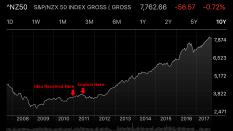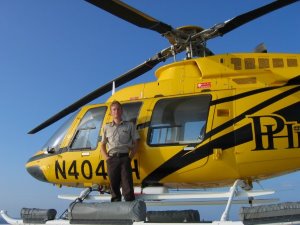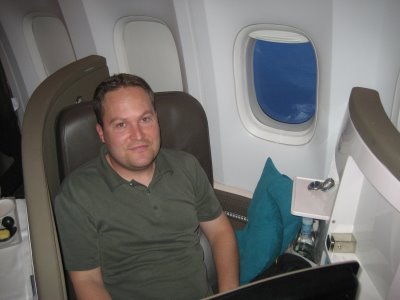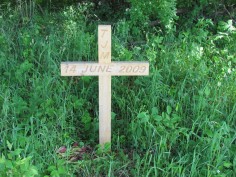On a bombing raid in World War 2, pilot Keith Beattie had just closed the bomb doors of his Lancaster aircraft when disaster struck:
"It had all happened so quickly and with absolutely no warning, with nothing having been heard or felt at the time it happened, so that my confused mind was quite unable to comprehend just what was going on.
Try as I might I found it quite impossible to shift my position sufficiently to reach my mic switch to see if I could raise anyone, and all I could do was watch helplessly as we spun violently downwards out of control towards the cloud bank below.
Now in cloud and with no visual references, the only sense of spinning was that imposed by the centrifugal force which kept me immobile for what seemed like an eternity with absolutely no let up, and no chance of escape.
Then just when I was about to resign myself to whatever fate had in store, there started a barely perceptible quivering motion throughout the aircraft which rapidly grew in intensity as it pulsated and shook with such a mounting fury, completely out of unison with the aircraft's wild gyrations, till finally it reached a fearful crescendo of sound and motion with tortured metal screeching and screaming in an agony of self destruction as the aircraft violently shook and tore itself apart!
I operated my intercom switch but it was completely dead, so quickly releasing my seat harness and ripping off my helmet and oxygen mask, I climbed from my seat with the intention of making my way down to the forward escape hatch which was some distance away, when I heard quite clearly a commanding voice telling me to climb out of the cockpit window!
I remember looking about me in surprise as the voice seemed to be coming from somewhere close by, but there was no one there. To leave by the window would normally be absolutely suicidal, for if the prop of the inboard engine didn't get you it would be the wing or possibly even the tailplane, and although the wing and engines had gone it was quite likely that part of the centre section was still attached to the fuselage, and my natural instincts were all against even contemplating such an avenue of escape.
But the voice was insistent, and for reasons I can't explain, except possibly that I knew we must be getting perilously close to the ground and there was not a moment to lose, I decided to obey the voice - a decision which undoubtedly saved my life."
 They Watched As Their Son's Thumb Miraculously Healed Itself Before Their Eyes! Read More
They Watched As Their Son's Thumb Miraculously Healed Itself Before Their Eyes! Read More

















